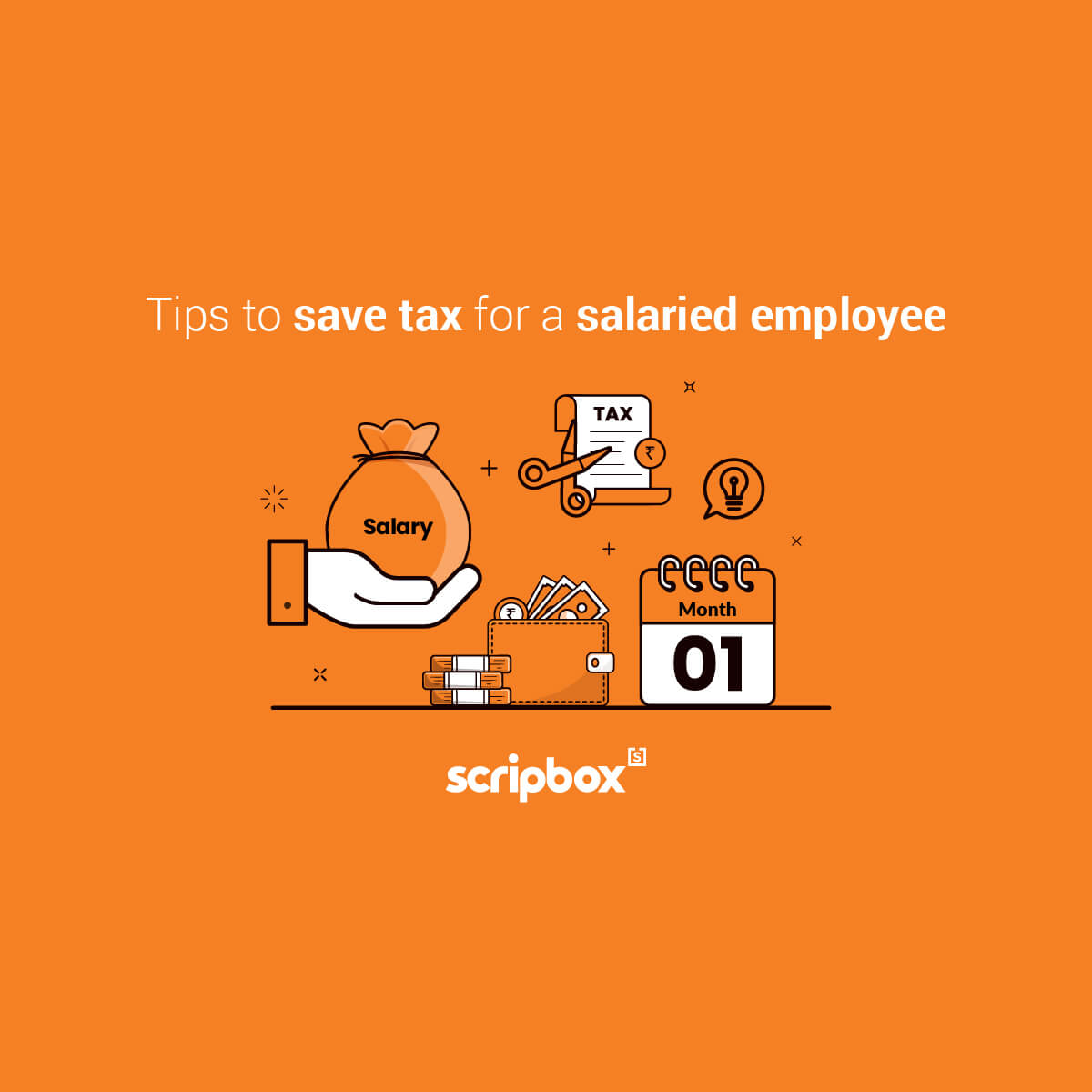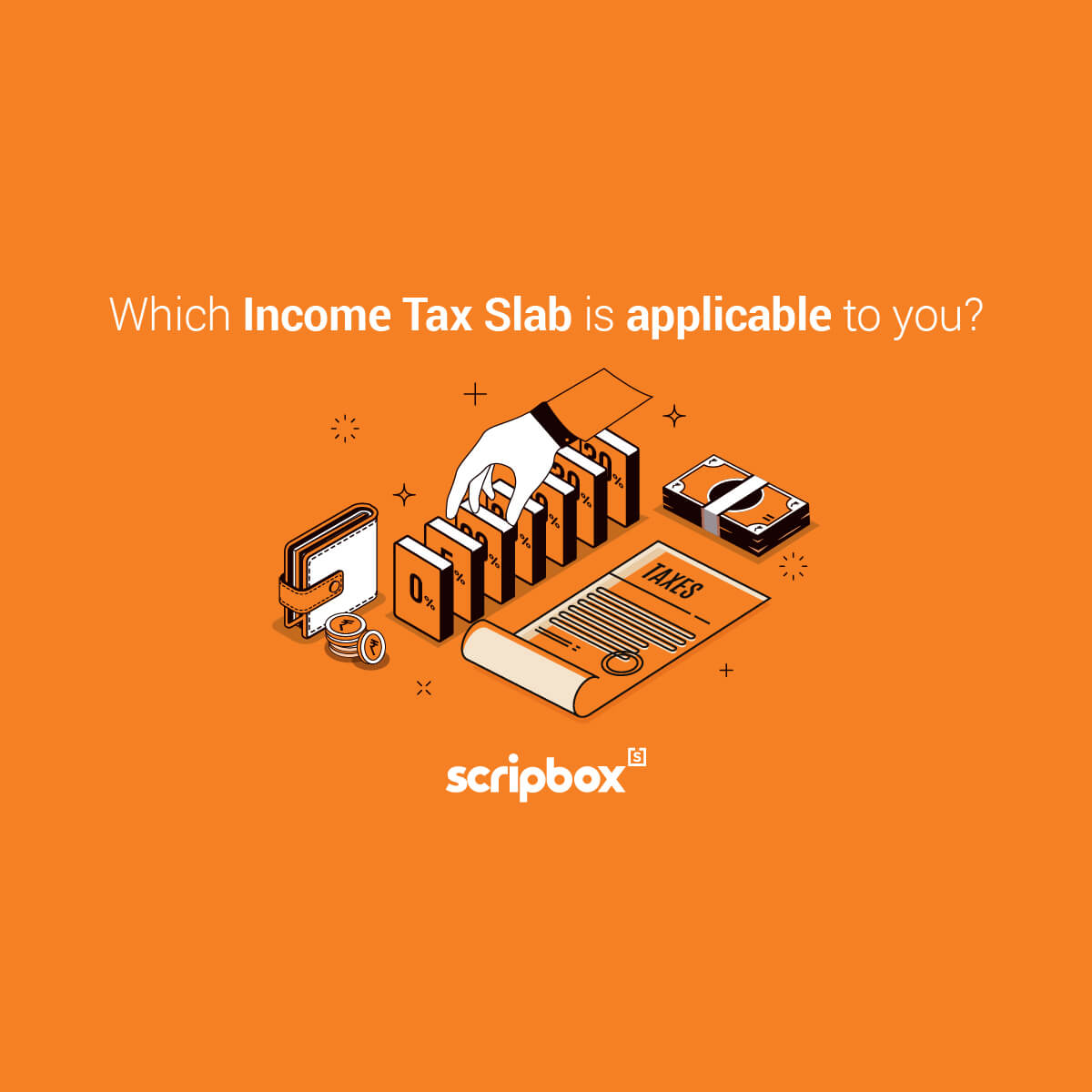What is the Meaning of Income From Business and Profession?
As per section 2(13) of the Income Tax Act, a business includes any trade, commerce or manufacture or any adventure or concern like trade, commerce or manufacture.
The term profession has not been defined under the act. In simple terms, it means any occupation which requires some degree of skill and learning. For example, a lawyer, architect, auditor, etc., would be said to carry on a profession and not a business. However, the tax treatment of both the income from business and profession is the same. In this article, we will focus on the Tax on Income from Business Or Profession.
Which Income is Taxable Under Business and Profession?
The below income is chargeable to Tax on Income from business or profession:
- Profit and gains from any business or profession carried on by the assessee at any time during the previous year
- Any compensation or other payment due to or received by any specified person
- Income derived by a trade, professional or similar association from specific services performed for its members
- Profit on sale of a license granted under the Imports (Control) Order 1955, made under the Import-Export Control Act, 1947
- Cash assistance (by whatever name called) received or receivable by any person against exports under any scheme of the Government of India
- Any duty of Customs or Excise repaid or repayable as a drawback to any person against exports under the Customs and Central Excise Duties Drawback Rules, 1971.
- Profit on transfer of Duty Entitlement Pass Book Scheme, under Section 5 of Foreign Trade (Development and Regulation) Act, 1992
- Profit on transfer of Duty-Free Replenishment Certificate, under Section 5 of Foreign Trade (Development and Regulation) Act 1992
- Value of any benefits or perquisites arising from a business or the exercise of a profession.
- Interest, salary, bonus, commission, or remuneration due to or received by a partner from a partnership firm
- Any sum received or receivable for not carrying out any activity in relation to any business or profession, also known as a non-compete fee.
- Any sum received or receivable for not sharing any know-how, patent, copyright, trademark, license, franchise, or any other business or commercial right of information or technique likely to assist in the manufacture of goods or provision of services
- Any sum received under a Keyman Insurance policy including the sum of bonus on such policy
- Any profit or gains arising from the conversion of inventory into capital assets.
- Any sum received ( or receivable) in cash or in-kind, on account of any capital assets (other than land or goodwill or financial instrument) being demolished, destroyed, discarded, or transferred if the whole of the expenditure on such capital assets has been allowed as a deduction under section 35AD.
Which Expenses are Allowed from Income under Business and Profession?
Below is the summary of the expenses allowed under various sections for Tax on Income from business or profession:
- Section 30- Rent, Rates, Taxes, Repairs, and Insurance of building.
- Section 31- Insurance and repair of Plant & Machinery and Furniture
- Section 32(1)(i)- Depreciation on i) buildings, machinery, plant or furniture, being tangible assets; ii) know-how, patents, copyrights, trademarks, licenses, franchises, or any other business or commercial rights of similar nature not being goodwill of business or profession, being intangible assets
- Section 32(1)(ii)- Depreciation on i) buildings, machinery, plant or furniture, being tangible assets; ii) know-how, patents, copyrights, trademarks, licenses, franchises, or any other business or commercial rights of similar nature not being goodwill of business or profession, being intangible assets
- Section 32(1)(iia)- Additional depreciation allowed on plant and machinery excluding the following: – Second-hand plant and machinery – Any plant and machinery installed in office premises or residential accommodation. – Ships, aircraft, and transport vehicles
- Proviso to section 32(1)(iia)- Additional depreciation allowed on plant and machinery excluding the following:- Second-hand plant and machinery – Any plant and machinery installed in office premises or residential accommodation. – Ships, aircraft, and transport vehicles
- Section 33AB- A deduction shall be available to the assessee for depositing an amount in the Tea/Coffee/Rubber development account
- Section 33ABA- A deduction shall be available to the assessee for depositing an amount in a special account with SBI or Site Restoration account
Which Expenses are Allowed Under Sections 36 to 37?
The following expenses are allowed for Tax on Income from business or profession:
- Section 36(1)(i)- An insurance premium paid by the assessee covering the risk of damage or destruction of stock or stores.
- Section 36(1)(ia)- Amount of premium paid by a Federal Milk Co-operative Society to keep in force insurance on the life of the cattle owned by the member of the co-operative society.
- Section 36(1)(ib)- Any amount paid by the employer to keep in force insurance on the health of the employee under a) The General Insurance Corporation of India b) Any other insurer approved by IRDA.
- Section 36(1)(ii)- Any bonus or commission paid to the employees which are not payable to them as profits or dividends.
- Section 36(1)(iii)- A deduction in respect of capital borrowed for the purpose of business or profession.
- Section 36(1)(iiia)- Discount on Zero-Coupon Bonds
- Section 36(1)(iv) & (v)- A contribution made to the employees recognized provident fund or approved superannuation fund or approved gratuity fund.
- Section 36(1)(iva)- Any sum paid by the assessee employer towards a pension scheme as referred to in section 80CCD
- Section 36(1)(va)- Amount deposited towards employee’s contribution in their respective provident fund or superannuation fund or a fund established under Employee State Insurance Act 1948
- Section 36(1)(vi)- Allowance in respect of animals who have died or become permanently useless.
- Section 36(1)(vii)- Bad debts that have been written off as irrecoverable
- Section 36(1)(viia)- This section allows for the deduction of provision for bad and doubtful debts created by certain banks, financial institution, and non-banking financial institution
- Section 36(1)(viii)- Special deduction to specified entities engaged in eligible business
- Section 36(1)(ix)- Any expenditure incurred by a company for promoting family planning amongst employees
- Section 36(1)(xii)- Any expenditure incurred by a corporation or body corporate if constituted or established under s State Act, or notified by the Central Government in the Official Gazette and the expenditure is done for a specified purpose.
- Section 36(1)(xiv)- A contribution made to credit guarantee trust fund for Micro & Small Industries.
- Section 36(1)(xv)- A deduction is allowed on account of Securities transaction tax paid
- Section 36(1)(xvi)- A deduction is allowed in respect of commodities transaction tax paid on taxable commodities transactions.
- Section 36(1)(xvii)- Amount of expenditure incurred by a co-operative society for purchase sugarcane at a fixed price.
- Section 36(1)(xviii)- The marked to market losses or other unexpected losses computed in accordance with Income Computation and Disclosure Standards.
Which Items are specifically Disallowed Under Business and Profession?
The following items are disallowed while calculating Tax on Income from business or profession.
| Section | Description |
| 40(a)(i) | Applicability: Interest, royalty, fees for technical services, or any other sum chargeable under the income tax act.Description: Any amount as above which is payable outside India or in India to a non-resident[not being a company] or a foreign company. Disallowance: Any such sum on which tax is deductible but has not been deducted shall be disallowed. However, if the tax is deposited in a subsequent year, the expenditure will be allowed as a deduction in that year. |
| 40(a)(ia) | This section provides for disallowance of 30% of any sum payable to a resident on which tax is deductible but: – tax has not been deducted- Such tax has not been paid after deduction If such tax has been paid in any subsequent year, 30% of such sum shall be allowed as a deduction that in that year. |
| 40(a)(ib) | As per this section: – Any expenditure on which any consideration paid or payable – To a non-resident for a specified service on which equalization levy is deductible – Such levy has not been deducted. Such expenditure shall be disallowed. However, the same shall be allowed as a deduction in which the levy has been paid. |
| 40(a)(ii) | As per this section, any sum paid on account of the rate or tax levied on the profits and gains of a business or profession is not allowed as a deduction. |
| 40(a)(iib) | Any amount paid by way of royalty, license fee, service fee, or privilege fee on a State Government undertaking exclusively by a State Government. |
| 40(a)(iii) | Any sum which is payable under the head salaries that is payable out of India on which tax has not been deducted. |
| 40(b) | Remuneration paid to a working partner in excess of the following shall be disallowed: On the first 3 lakh of book profit or in case of loss – 1,50,000 or 90% of the book profits, whichever is higher.On the balance book profits – 60% of the book profits Here, book profits mean the net profit as shown in the profit and loss account computed in accordance with the provisions of the business and profession. |
| Section 40(ba) | This section deals with any payment of interest, salary, commission, or bonus made by an association of persons or body of individuals to its members that will not be allowed as a deduction. |
| Section 40(A)(2) | This section provides for the disallowance of expenditure for which payment is made to relatives and associates. Any such payment made to a related party that is considered excessive and unreasonable by the assessing officer shall be disallowed. The assessing officer shall note the below w.r.t the transaction: – The fair market value of the goods or services- The legitimate needs or requirements of the business- The benefit arising to the person from making such a payment. |
Related Articles
- What is the Meaning of Income From Business and Profession?
- Which Income is Taxable Under Business and Profession?
- Which Expenses are Allowed from Income under Business and Profession?
- Which Expenses are Allowed Under Sections 36 to 37?
- Which Items are specifically Disallowed Under Business and Profession?















Show comments